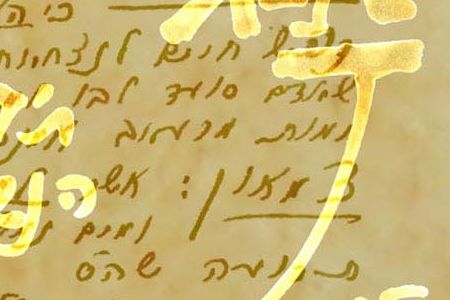Leviticus, 9:1-11:47
This Week’s Torah Portion | March 9 – March 15, 2014 – Adar II 7 – Adar II 13, 5774
In A Nutshell
The portion, Shmini (On the Eighth Day), deals with the events of the eighth day after the seven days of filling.[1] This is the inauguration day of the tabernacle. Aaron and his sons offer special sacrifices on this day. Moses and Aaron go to bless the people, and finally, the Creator appears to the people of Israel.
Aaron’s sons, Nadav and Avihu sin with offering on a foreign fire, and the fire consumes them. Aaron and the remaining sons receive special instructions how to conduct themselves in the situation, and among others orders, they are forbidden to mourn.
The portion tells of another misunderstanding between Moses and Aaron and his sons concerning eating the sin offering. The portion ends with the rules concerning forbidden food, detailing the animals, beasts, poultry, and fish that are forbidden to eat. Rules of Tuma’a (impurity) and Taharah (purity) are also briefly explained.

Commentary by Dr. Michael Laitman
The portion mentions many details concerning the tabernacle and offering sacrifices, what is forbidden and what is permitted. How should we understand it internally?
We need to examine which of our 613 desires we need to correct, and how. It was said about man, “I have created the evil inclination; I have created for it the Torah as a spice,”[2] so we may correct our evil inclination—the egoistic desires—in which we think only of ourselves and cannot perform a single act of giving and love of others.
Continue reading “Shmini (On the Eighth Day) Parsha – Weekly Torah Portion”
